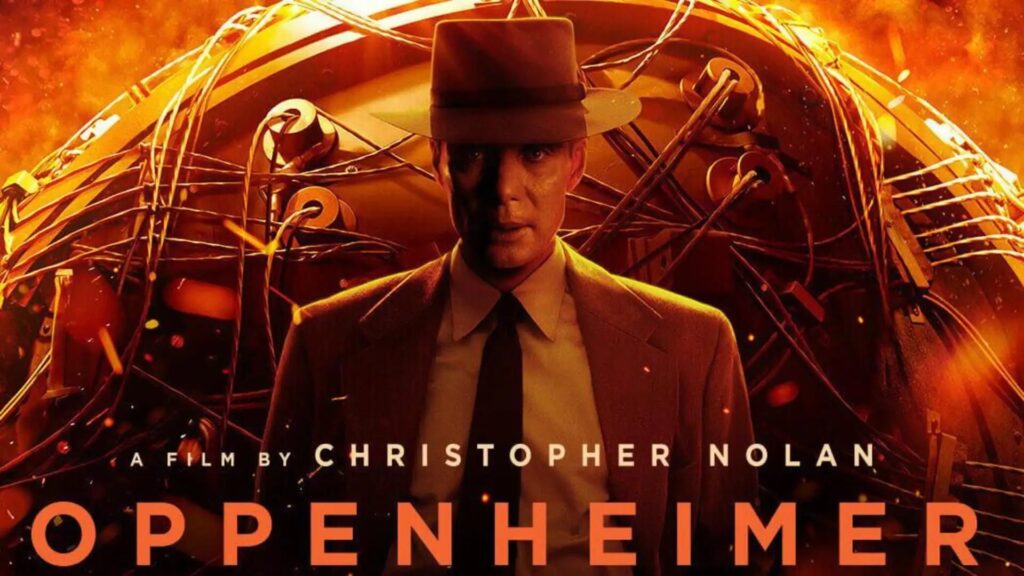Openheimer albert einstein interview
Interviewer: Dr. Einstein, thank you for taking the time to speak with us today. Let’s begin with a question that’s on everyone’s mind: your theory of relativity. Could you explain it in simple terms for our audience?
Einstein: Certainly. At its core, the theory of relativity suggests that space and time are not separate entities but interconnected aspects of a single continuum known as spacetime. It proposes that the laws of physics are consistent for all observers, regardless of their relative motion. This concept fundamentally changes our understanding of gravity, time dilation, and the structure of the universe itself.
Interviewer: Fascinating! Your work has indeed had a profound impact on our understanding of the cosmos. Shifting gears, what are your thoughts on the recent advancements in quantum mechanics?
Einstein: Ah, quantum mechanics – a subject that has sparked many debates and discussions. While I acknowledge its impressive predictive capabilities and success in explaining particle behavior on a microscopic scale, I do have reservations about its philosophical implications. The notion of indeterminacy and the idea of chance playing a fundamental role in the universe trouble me deeply. As I famously remarked, “God does not play dice with the universe.”

Interviewer: Your skepticism toward certain aspects of quantum mechanics is well-documented. Turning to a different topic, how do you perceive the current state of scientific research and education?
Einstein: Science is undoubtedly a noble pursuit, enriching our understanding of the world and empowering us to make significant progress. However, it’s essential that we prioritize curiosity, critical thinking, and a profound appreciation for the wonders of nature in our educational endeavors. Science should not be viewed merely as a repository of facts but as a journey of inquiry and discovery that transcends boundaries and inspires future generations.
Interviewer: Wise words indeed. Finally, reflecting on your life and career, what do you consider your most significant achievement?
Einstein: Ah, that’s a challenging question. While my contributions to relativity and the photoelectric effect garnered attention, I believe my greatest achievement lies in instilling a sense of curiosity and wonder in others. If I’ve managed to inspire even a single individual to question, explore, and dream, then I consider my life to have been well-lived.
Interviewer: Thank you, Dr. Einstein, for sharing your insights with us. Your legacy will undoubtedly continue to inspire generations to come.
Who Plays Albert Einstein ?
Tom Conti Play the role of Albert Einstein in Openheimer Movie .
Einstein Vs Openheimer
Albert Einstein and J. Robert Oppenheimer, both prominent figures in 20th-century physics, represent distinct yet intersecting paths in scientific history. Einstein, celebrated for his theoretical brilliance and profound insights into the workings of the universe, revolutionized our comprehension of space, time, and energy through his groundbreaking theories of relativity. His pacifist beliefs and commitment to humanitarianism often clashed with the practical exigencies of his time. In contrast, Oppenheimer, known for his charismatic intellect and leadership acumen, led the Manhattan Project, ushering humanity into the atomic age by developing the world’s first nuclear weapons. Their legacies converge at the junction of science and society, with Einstein’s ethical ponderings and Oppenheimer’s post-war advocacy for nuclear disarmament serving as poignant reminders of the moral quandaries posed by scientific advancement. In the intricate fabric of scientific narrative, Einstein and Oppenheimer emerge as emblematic figures, their lives and contributions reflecting the intricate interplay between knowledge pursuit and the aspiration for a more enlightened humanity.
Was Openheimer a Real Person
Yes J. Robert Oppenheimer was a real person, an American theoretical physicist who played a pivotal role in the development of the atomic bomb during World War II while serving as the scientific director of the Manhattan Project. Due to his leadership in this project, Oppenheimer is often credited as the “father of the atomic bomb.” Following the war, he emerged as a prominent advocate for international control of nuclear weapons and a vocal critic of the nuclear arms race. Oppenheimer’s contributions to physics and his complex legacy regarding the ethical implications of nuclear weapons solidify his status as a significant figure in both scientific and historical contexts.
